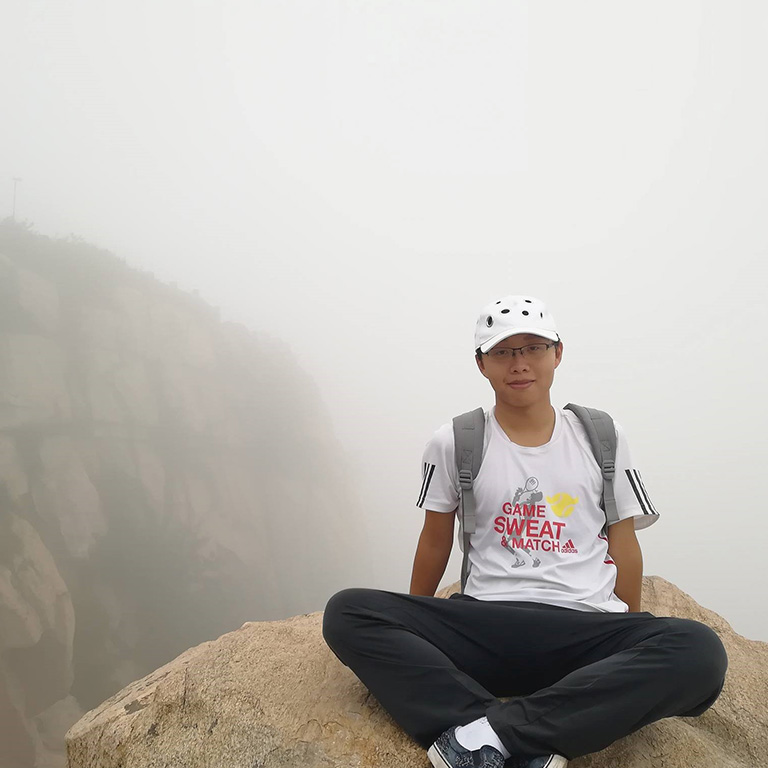M.A., Studies of Sexualities, National Central University (Taiwan), 2021.
M.A., Critical Asian Humanity, Duke University, 2017.
B.A., Journalism, Huazhong University of Science and Technology (China), 2014.

Graduate Student, 2021 Cohort
M.A., Studies of Sexualities, National Central University (Taiwan), 2021.
M.A., Critical Asian Humanity, Duke University, 2017.
B.A., Journalism, Huazhong University of Science and Technology (China), 2014.
Xing Zhang finished his first MA in Critical Asian Humanities (Duke University) and second MA in Studies of Sexualities (National Central University, Taiwan). His first MA thesis, “Queer Marxism and Cui Zi’en’s Novels,” explores the relation between queer Marxism and China through an analysis of literary works by Cui Zi’en, a Chinese queer Marxist. He argues that a queer utopia achieved by the queer collective should eventually be universalized to embrace all other subordinated groups, and other subordinated groups are encouraged to join the sexual revolution with queers against the power discourse. His second MA thesis, “Turning My Boat in a Snowy Night: Chinese Queer Subjects and Imaginations of the West,” adopts textual analysis to read two cultural texts, namely, Taiwanese writer Chiang-Sheng Kuo’s tongzhi novel, People of Confusing Homeland, and the life story of Qiuyu, a gay elder in mainland China. His analyses of these two texts respectively respond to the imagination of transnational queer intimacy and the imagination of a global hierarchy of queer human rights. His current research, based on an inter-genre research method, centers around Chinese queer literature and film, the intersection between queer theories and Marxism, and Chinese queers' imaginations of the West.
Born in Wuhan, China, he has been volunteering at Wuhan Tongxing, the most influential LGBT NGO in central China, since 2017. In addition to writing articles and translating essays on queer issues, he was also one of organizers of “Trans-Generational Queer Project” supported by Wuhan Tongxing. By recording LGBT elders’ living experience, cruising strategies, and pension plans, his team attempted to break their nonsexual stereotypes and promote transgenerational interactions. Their marginalized status in LGBT community in turn drove him to explore how the intersection of differences, including the age, gender, and class, constructing queer identities in post-Mao China.